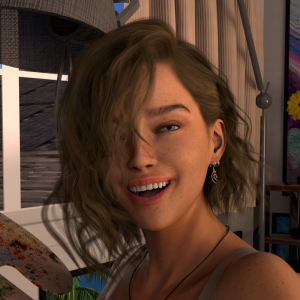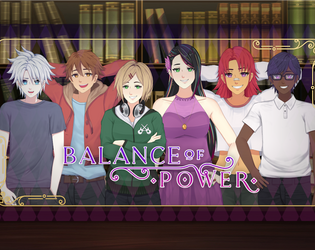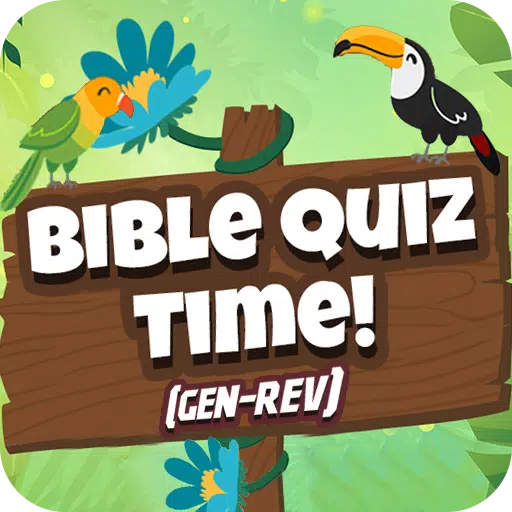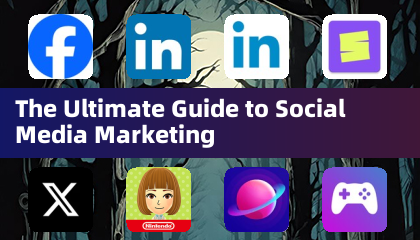The emergence of DeepSeek AI, a Chinese-developed model, has sparked significant controversy and financial turbulence within the U.S. tech industry. The people behind ChatGPT have expressed concerns that DeepSeek's models may have been built using OpenAI's data, a suspicion that has been echoed by former President Donald Trump, who called it a "wake-up call" for the U.S. tech sector.
The impact of DeepSeek's introduction was immediate and severe, with Nvidia experiencing a historic 16.86% drop in its stock value, resulting in a loss of nearly $600 billion. Other tech giants like Microsoft, Meta Platforms, and Google's parent company Alphabet also saw declines ranging from 2.1% to 4.2%, while Dell Technologies, a key player in AI servers, fell by 8.7%.
DeepSeek's R1 model is touted as a cost-effective alternative to Western AI models like ChatGPT, claiming to require significantly less computing power and having been trained for just $6 million. Despite some skepticism about these claims, DeepSeek's rise has prompted a reevaluation of the massive investments U.S. tech companies are making in AI, causing investor unease. The model quickly became the most downloaded free app in the U.S., fueled by discussions about its efficiency.
Bloomberg reported that OpenAI and Microsoft are investigating whether DeepSeek utilized OpenAI's API to incorporate OpenAI's AI models into their own. OpenAI stated to Bloomberg that Chinese companies and others are constantly attempting to distill data from leading U.S. AI models, a practice that violates OpenAI's terms of service. Distillation involves training smaller models using data extracted from larger, more advanced ones.
OpenAI emphasized its commitment to protecting its intellectual property and working with the U.S. government to safeguard advanced AI models from competitors and adversaries. David Sacks, Donald Trump's AI czar, told Fox News that there is substantial evidence suggesting DeepSeek used distillation techniques on OpenAI's models, and predicted that leading U.S. AI companies would take steps to prevent such practices.
The situation has been met with irony and criticism, particularly from tech commentator Ed Zitron, who highlighted OpenAI's own history of using copyrighted material to train ChatGPT. In January 2024, OpenAI admitted to the UK's House of Lords that training AI models like ChatGPT without copyrighted material was "impossible," arguing that limiting training data to public domain works would not meet modern needs.
The debate over the use of copyrighted materials in AI training has intensified with the rise of generative AI. In December 2023, The New York Times sued OpenAI and Microsoft for the "unlawful use" of its work, a claim OpenAI dismissed as "without merit," asserting that such use constitutes "fair use." This lawsuit followed a September 2023 suit by 17 authors, including George R. R. Martin, alleging "systematic theft on a mass scale."
In a related development, a U.S. District Judge upheld a Copyright Office ruling from 2018 that AI-generated art cannot be copyrighted, emphasizing the essential role of human creativity in copyright protection.
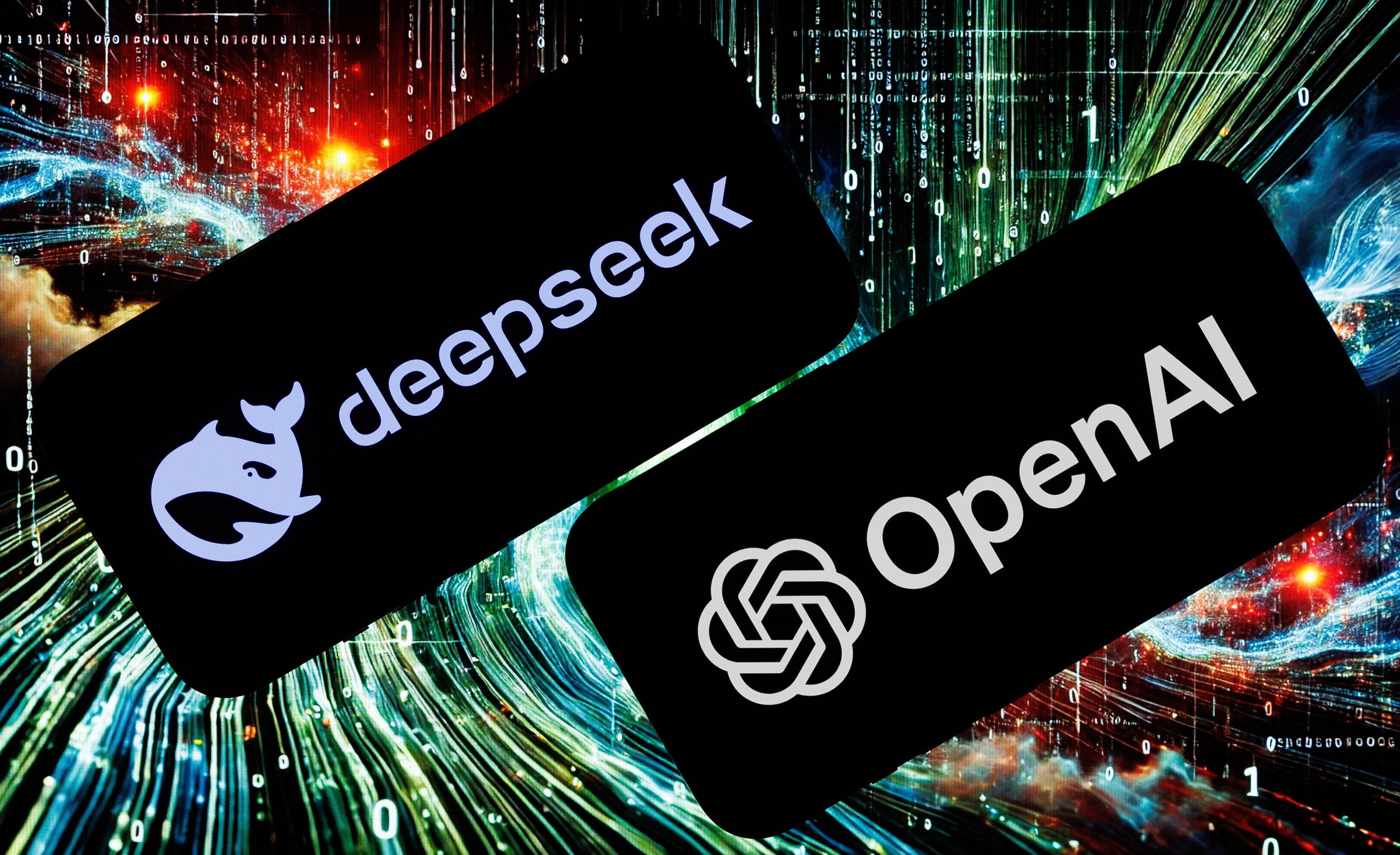 DeepSeek is accused of using OpenAI’s model to train its competitor using distillation. Image credit: Andrey Rudakov/Bloomberg via Getty Images.
DeepSeek is accused of using OpenAI’s model to train its competitor using distillation. Image credit: Andrey Rudakov/Bloomberg via Getty Images.


